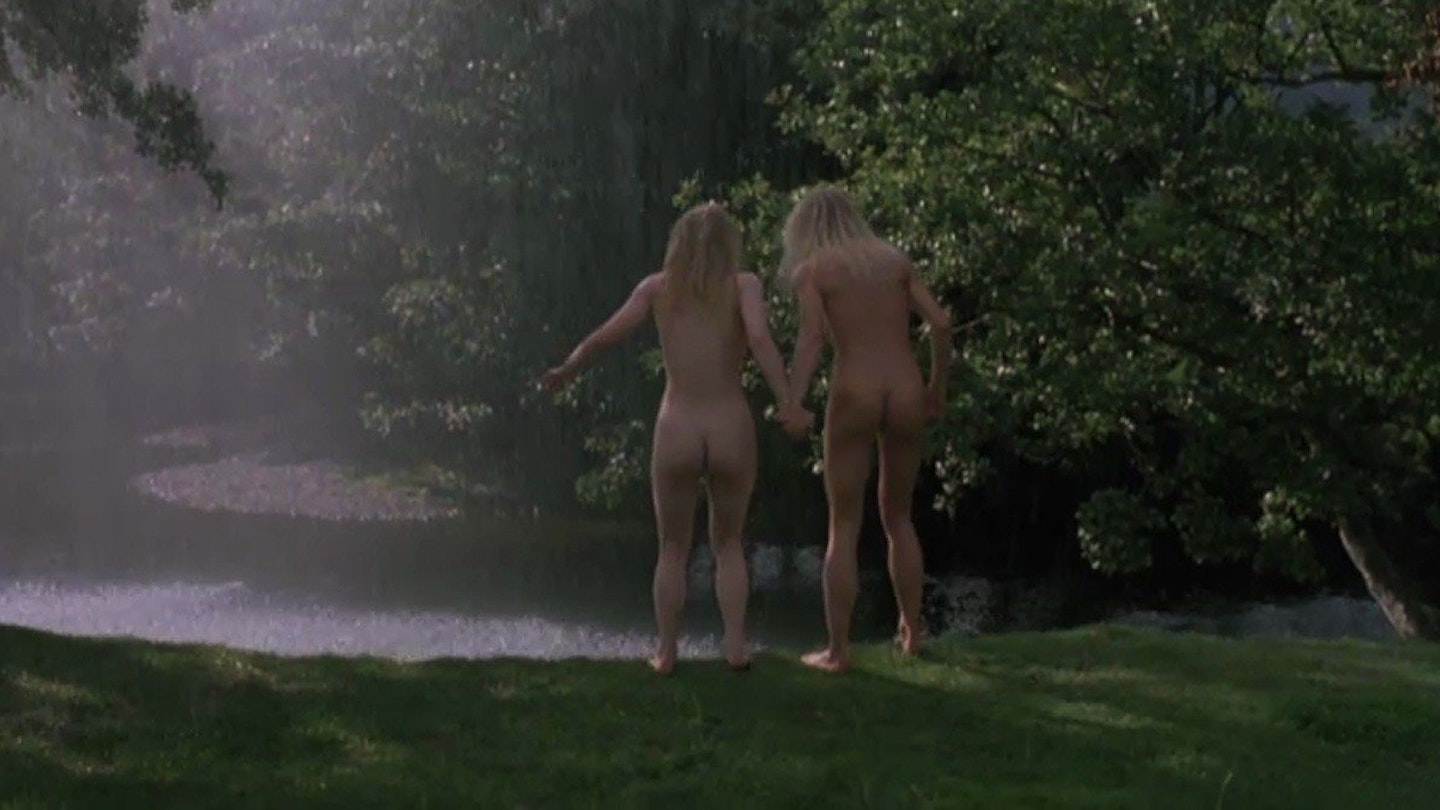It is 20 years since Ken Russell brought D. H. Lawrences Women In Love to the screen, and it now looks a very dated piece of work an extravagant sex fantasy that harks back to a time when the Lawrentian life force was still in vogue. But it did have something, a ragged romanticism perhaps, or just misguided verve.
That Russell has now chosen to adapt The Rainbow, which in moviespeak shall be known as the prequel, betokens not so much a reappraisal of Lawrence from an 80s perspective as a misguided attempt by a director to revive his flagging career. Its hard to recall when Ken last made a decent film. Salomes Last Dance was a dopey, high-spirited farce, but it was sandwiched by the rotten Gothic and The Lair Of The White Worm, a low by anybodys standards. The Rainbow feels like a holding operation, a breathing space for Ken to take stock and wonder why everythings going down the tubes.
Lawrence has always been a writer to polarise opinion. So some will no doubt find this tale of a young girls sexual awakening in the turn-of-the-century Midlands a profound and sensitive analysis of social and familial constraints, and will appreciate the wonder of the lush green countryside as it is eaten away by the black jaws of industry. But perhaps not even the faithful will warm to Russells souped-up version of the book, which looks like a Merchant Ivory dress-rehearsal. Certainly he can handle the postcard tableaux, the pastoral panoramas, all the stuff which any modern ad-director can pull off. What he apparently cant do anymore is direct actors: watching Sammi Davis as heroine Ursula Brangwen and Paul McGann as her faithless sweetheart Anton is quite painful. They seem to have absolutely no idea whats required of them, and moon over each other with the stilted unease of a school play.
The older talents of Glenda Jackson and David Hemmings fare a good deal better, drawing on native wit, one supposes, in the midst of these directorial lapses. The one true pleasure of the film is Amanda Donohoes performance as Ursulas unbuttoned schoolteacher: shes assured, charismatic and slightly coarse the Lawrentian ideal and the film suffers for her absence in its latter stages. The Rainbow in general is a film of absences of wit, of nerve, of vigour. It might arrest Russells decline in box-office terms, but how long can he tread water before he sinks?
